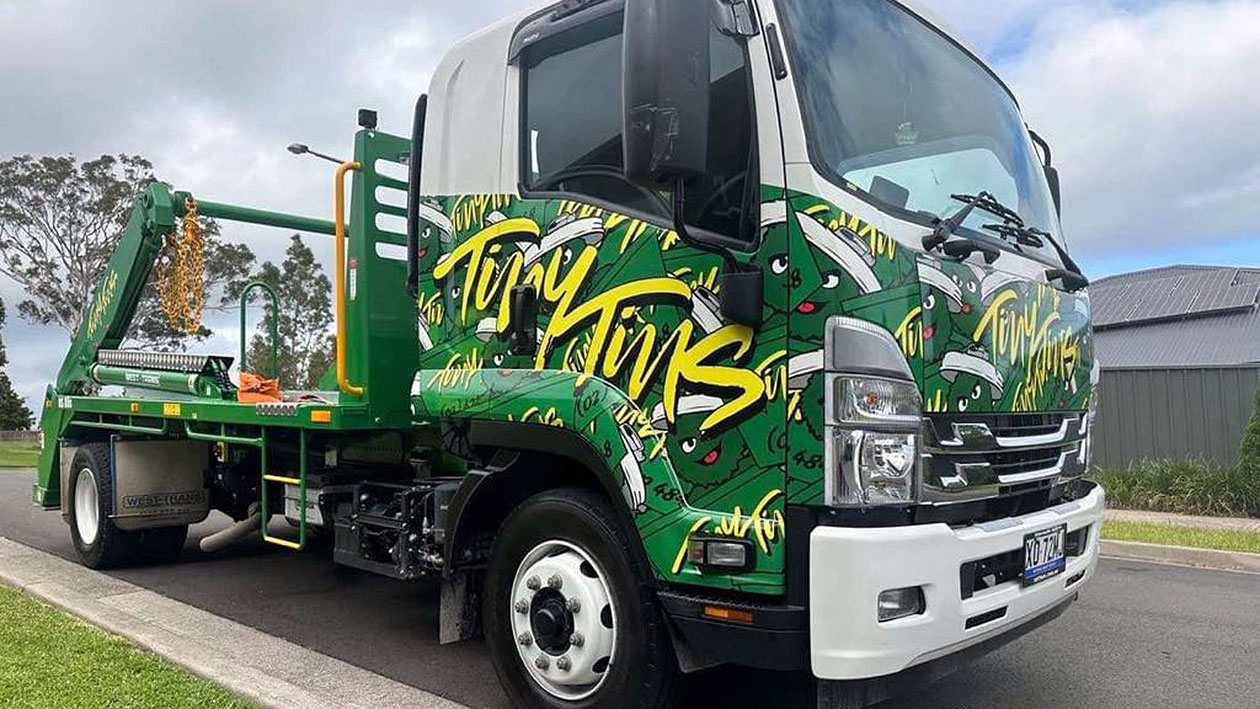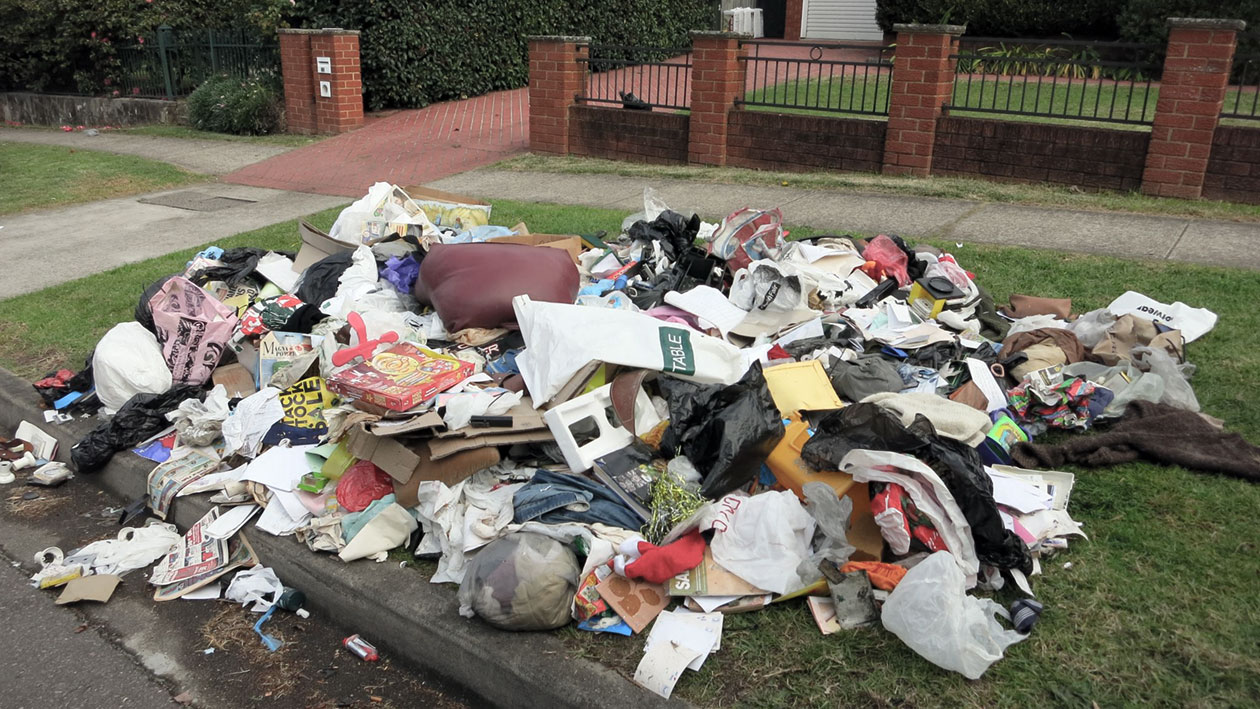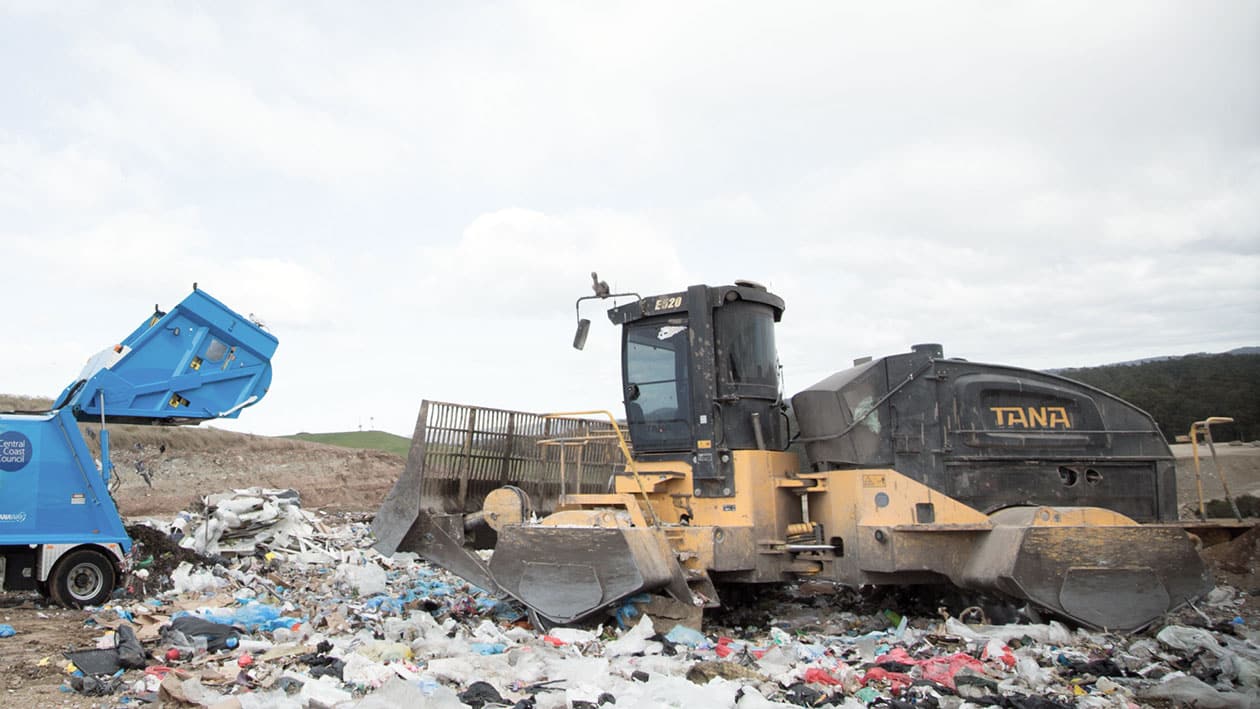Skip Bins vs Other Waste Disposal Methods

Overwhelmed by rubbish removal options? Skip bins, rubbish removal services, council clean-ups – which one’s right for you? This guide breaks down the pros and cons of each, helping you choose the perfect solution for your waste disposal needs.
Skip Bin Hire
Skip bin hire involves renting a large container for waste disposal, which is delivered to your property and collected once filled.
Benefits:
- Cost-effective for large volumes: Skip bins are often the cheapest way to dispose of very large amounts of trash.
- Flexibility: You can fill the bin at your own pace and decide what gets disposed of.
- Convenience for DIY projects: Ideal for renovations, allowing easy disposal of construction debris.
- Fixed pricing: You pay a set rental fee based on bin size and duration.
Drawbacks:
- Manual labour required: You’re responsible for loading the bin yourself.
- Space requirements: Bins can take up significant space on your property.
- Potential property damage: Skip bins may damage lawns or driveways.
- Environmental concerns: Contents often end up in landfills with less focus on recycling.
Professional Rubbish Removal
This service involves hiring a team to collect and dispose of your waste directly from your property.
Benefits:
- Convenience: The removal team does all the heavy lifting and loading.
- Time-saving: No need for multiple trips to the dump or waiting for bin delivery and pickup.
- Flexible pricing: You only pay for the amount of waste removed.
- Environmental focus: Many services prioritise recycling and proper waste segregation.
- Safety: Reduces the risk of injury from handling heavy items.
- Compliance: Professional services are knowledgeable about local disposal regulations.
Drawbacks:
- Much higher costs compared to other methods.
- Strangers will require access to your home to collect the rubbish.
- Less control over the disposal process compared to DIY methods.

Council Clean-Ups
When comparing skip bin hire to council clean-ups in Australia, there are several key factors to consider.
Benefits:
- Cost-effective for small amounts of waste: Council clean-ups are typically free, making them a budget-friendly option for smaller disposal needs.
- Scheduled convenience (limited): While limited to specific dates, they offer a scheduled collection service, removing the need for individual arrangements.
Drawbacks:
- Limited flexibility and timing: Clean-ups are usually restricted to specific dates (often only twice yearly), offering less flexibility than skip bins. You must have all waste ready on the designated day.
- Waste type restrictions: Council clean-ups often have limitations on the types and quantities of waste accepted, potentially leaving you with extra disposal costs.
- Potential for extra costs: Items not accepted by the council may require separate disposal, potentially negating the initial cost savings.
- Space and aesthetic concerns: Waste needs to be placed on the curb, potentially causing visual clutter and safety hazards.
- Limited recycling: Council clean-ups may not prioritise waste sorting and recycling, leading to less environmentally friendly disposal.
- Manual labour required: You are responsible for moving all waste to the curb.
- Capacity limitations: There are usually limits on the amount of waste accepted.

Tip Run
Taking your waste to your local tip can appear like an economical option, however for loads over 1 cubic meter, skip bin hire is often more cost-effective.
Benefits:
- Potentially cheaper for very small loads: Can be cost-effective if you have less than 1 cubic meter of waste.
- Direct control: You can personally ensure proper disposal of your waste.
- No space requirements on your property: No need to accommodate a skip bin.
Drawbacks:
- Time-consuming: Requires loading, unloading, and potentially multiple trips.
- Hidden costs: When factoring in vehicle hire, fuel, and tip fees, it can become expensive.
- Physical effort: More labour-intensive as you handle the waste yourself.
- Less environmentally friendly: Tip runs often result in less recycling and more landfill waste.
Skip Bags
Skip bags are large woven polypropylene bags used to collect waste. They do offer some benefits for small waste collections.
Benefits:
- Compact and foldable design: Skip bags are space-saving, particularly useful when storage space is limited before and after use.
- Flexible usage: There are no time constraints on filling the skip bag, offering greater flexibility than scheduled skip bin pick-ups.
- Potentially cheaper for very small loads: For extremely small amounts of waste, skip bags might be a more economical option than a skip bin.
Drawbacks:
- Limited capacity: Skip bags have significantly smaller capacity than skip bins (typically 1-3m³ compared to 2-31m³ for skip bins), restricting their use to smaller projects.
- Weight restrictions: Skip bags have substantial weight limitations (400-600kg), making them unsuitable for heavier materials or larger volumes of waste.
- Higher cost per cubic meter (for smaller volumes): While potentially cheaper for very small jobs, skip bags can become less cost-effective than skip bins when needing to dispose of a larger volume. They often cost more per cubic meter compared to larger skip bins.
- Restricted waste types: Skip bags have limitations on the types and amounts of heavy waste they can accept. Heavy materials are also limited to a shallow depth.
- Less emphasis on recycling: While some services may recycle, skip bags generally don’t promote the same level of waste sorting and recycling as many skip bin companies.
| Aspect | Skip Bin Hire | Rubbish Removal | Council Clean-Up | Tip Run (Self-Haul) | Skip Bags |
|---|---|---|---|---|---|
| Pricing | Fixed rental fee | Pay per amount removed | Typically free (limited) | Variable (fuel, tolls) | Fixed price (purchase & removal) |
| Labor | DIY loading | Professional loading | DIY loading to curb | DIY loading & transport | DIY loading |
| Flexibility | Fill at your own pace | Scheduled service | Scheduled (limited dates) | Your schedule | Fill at your own pace |
| Environmental Impact | Varies (some recycling) | Often more recycling | Minimal recycling | Varies (your disposal) | Varies (some recycling) |
| Space Required | Significant space needed | Minimal space needed | Temporary curb space | Space for vehicle | Minimal space needed |
| Time Investment | Higher | Lower | Moderate (preparation) | High | Moderate |
| Capacity | High (various sizes) | Moderate to High | Low | Varies (vehicle size) | Low |
| Waste Types | Wide range (some limits) | Wide range (some limits) | Restricted | Wide range (some limits) | Restricted (weight, size) |
| Convenience | Moderate | High | Low | Low | Moderate |
| Cost-effectiveness | Best for large volumes | Best for smaller volumes | Best for very small loads | Best when you have a truck | Best for very small loads |
Choosing the right waste disposal method depends entirely on your individual needs and circumstances. This guide has compared five popular options – skip bin hire, rubbish removal services, council clean-ups, tip runs, and skip bags – highlighting the strengths and weaknesses of each. While skip bins offer high capacity and flexibility, they demand more manual labor and space. Rubbish removal services provide convenience but come at a higher cost for smaller jobs. Council clean-ups are budget-friendly for minimal waste but severely limited in scope and timing. Tip runs are cost-effective if you have your own transport, but are incredibly time-consuming. Skip bags offer a compromise between cost and convenience for small-scale projects but are restricted in capacity.
Ultimately, the best option will depend on factors such as the volume and type of waste, your budget, available space, and the level of manual effort you’re willing to undertake. Carefully consider these factors before making your decision to ensure a smooth and efficient waste disposal process. Remember to always check local council regulations and the specific terms and conditions of any waste removal service you choose.


